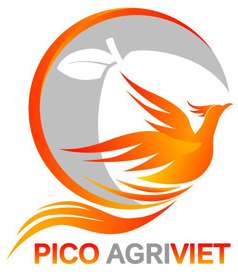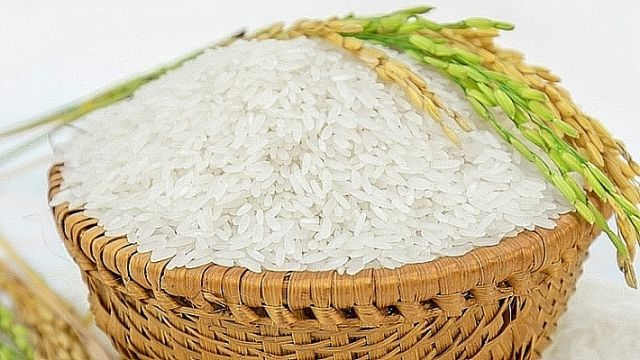Pico Agriviet Company
VIETNAM’S RICE EXPORT VOLUME AND PRICE SOAR AS INDIA BANS EXPORTS
Pico Agriviet
![]()
Rice has been grown in Vietnam for thousands of years. It is one of the top five largest rice-producing countries in the world, with the fastest-growing rice production and trade in the world. According to the estimates of the USDA, in the 2021-22 marketing year (MY), Vietnam produced 27 million mt of rice with 7.2 million ha under cultivation. For the 2022–23 MY, production is projected at 27.4 million mt, which is a YoY increase of just 1.5% while the land under rice cultivation remains more or less the same. The majority of rice is produced in the Mekong River Delta (the “Rice Bowl”), which is in southern Vietnam. The country exports rice to China, the European Union, the Philippines, and severalAfrican countries. The country is developing a rice export strategy for 2022, with a goal of exporting 6.3 to 6.5 million mt of rice. The target set is about 100 to 200 thousand mt higher compared to that of 2021.
Vietnam’s Monthly Rice Exports in 2022
Source: USDA.
Looking at the exports in the first eight months of 2022, Vietnam has already exported 4.8 million mt, with a turnover of at least USD 2.3 billion. This is a YoY increase of 20.7% in quantity and 9.89% in value over the same period last year. The largest destination was the Philippines, with 2.3 million mt, followed by China, Ivory Coast, and Ghana. Due to high global demand, it is forecasted that the country will surpass its target by exporting over 1.5 million mt in the remaining 4 months. The average export price of rice during this period reached more than USD 486 per ton, higher than the usual export price of USD 400 per ton. Vietnam is focusing on exporting high-quality rice varieties and capturing new markets as other leading rice exporters struggle to find their place in the market.
India has imposed an export ban on 100% broken rice and applied tariffs on 2 of varieties of rice, Thailand is reinforcing policies to support its domestic rice industry, and the Philippines is strictly controlling rice imports. This has given Vietnam the opportunity to expand its rice exports even further. In addition to this, high-quality fragrant rice from the country holds a comparative advantage in terms of price over similar-quality rice from Thailand and Cambodia. Regardless, the ongoing ban on rice exports has affected the global rice supply chain and Vietnam is likely to benefit from it. According to the Vietnam Food Association (VFA), after India’s export ban, Vietnam’s 5% and 25% broken rice prices soared by USD 30 to some USD 423-427 per mtand USD 25 to some USD 403-407 per mt, respectively over the same period last year. Vietnam should closely monitor the developments in the domestic and foreign markets in the near future to reap the benefits of rising exports in the coming months.
Source: https://www.tridge.com/stories/vietnams-rice-export-volume-and-price-soar-as-india-bans-exports
# vietnam fruit exporter
# vietnam fruit supplier
# fruit company vietnam

